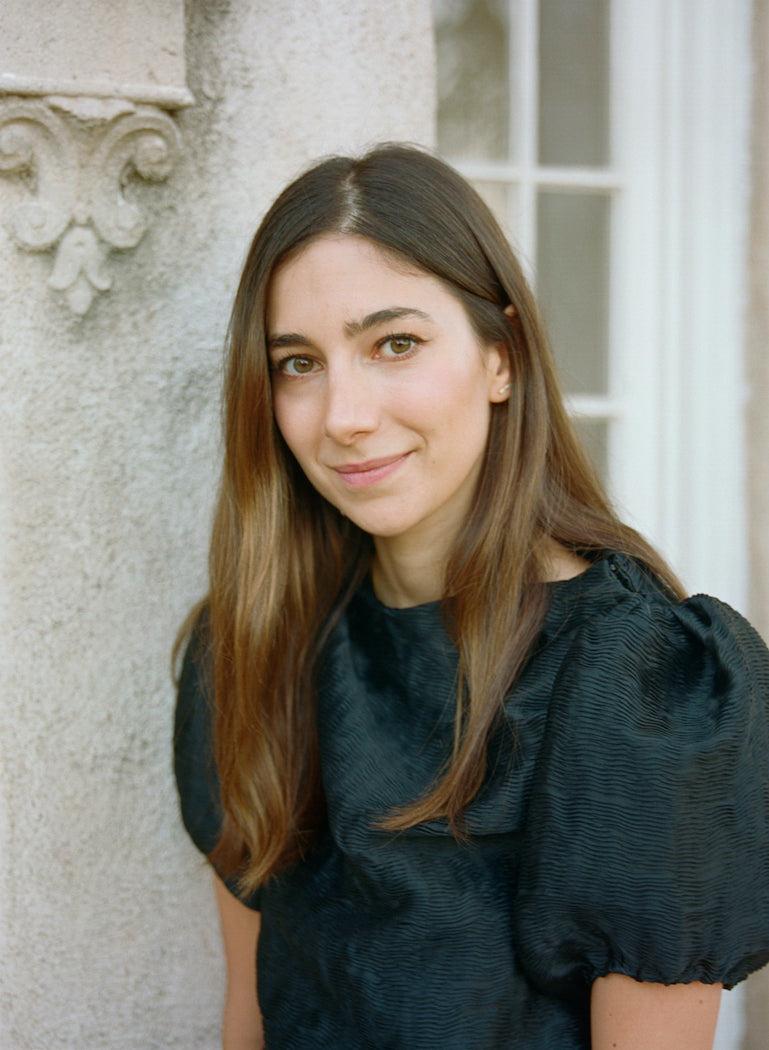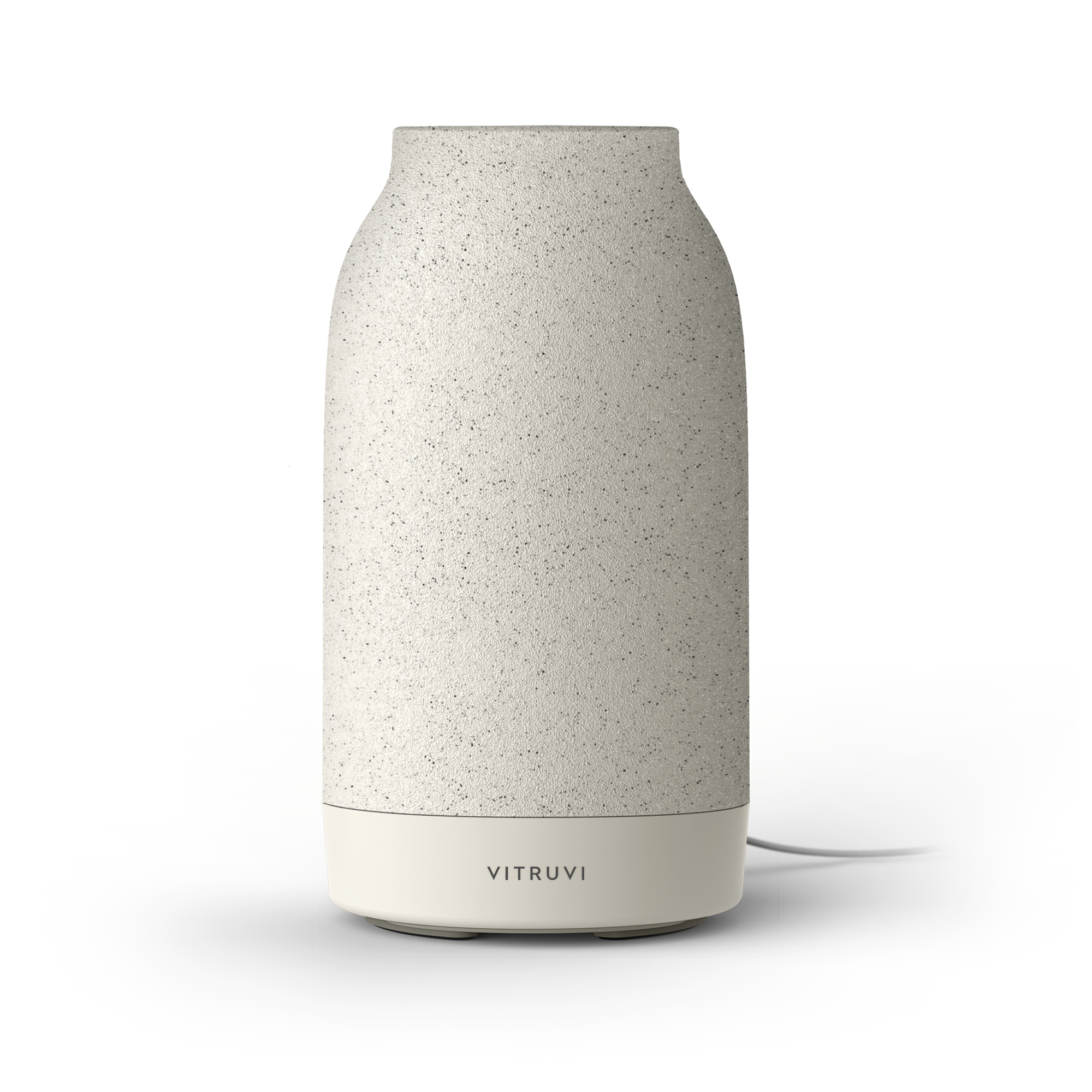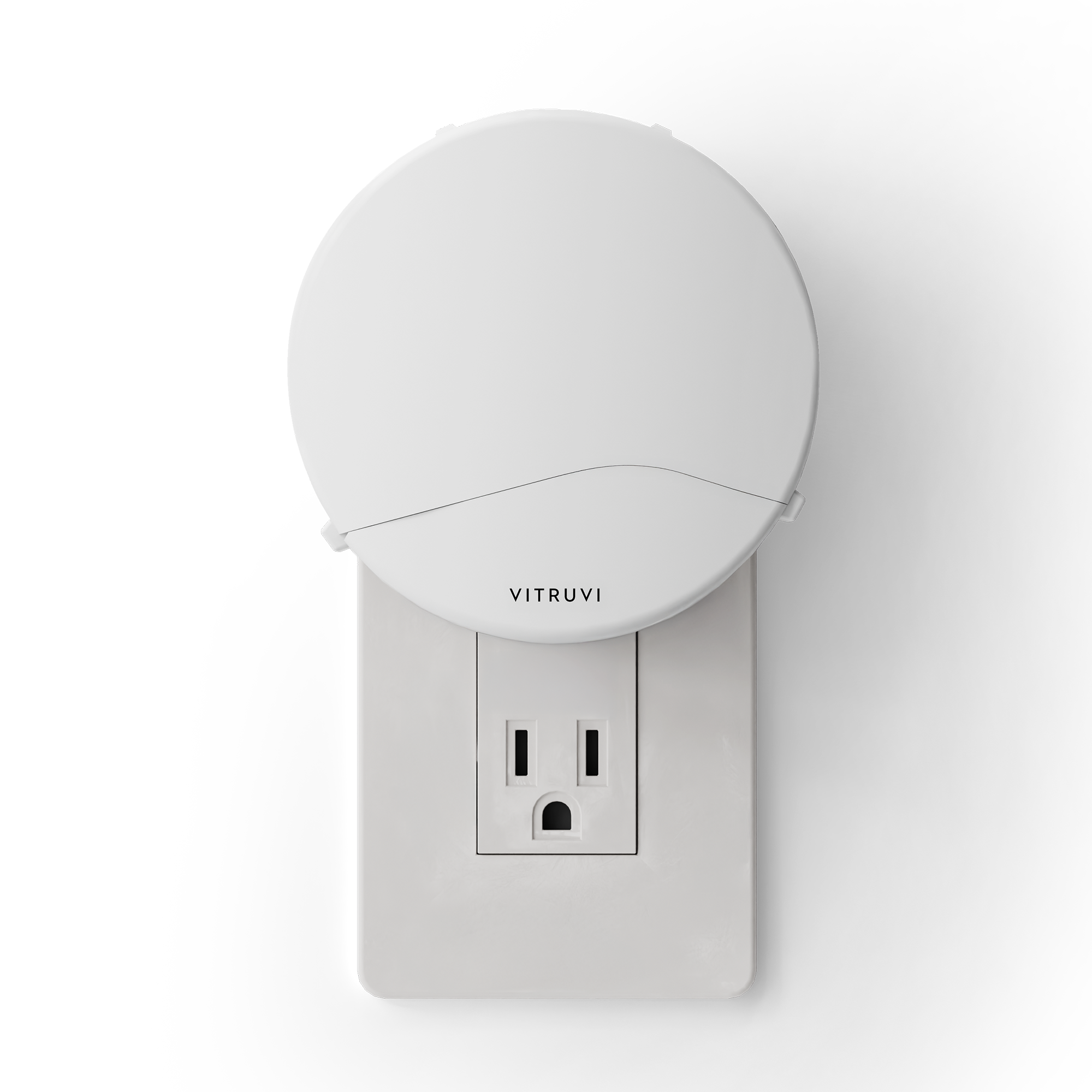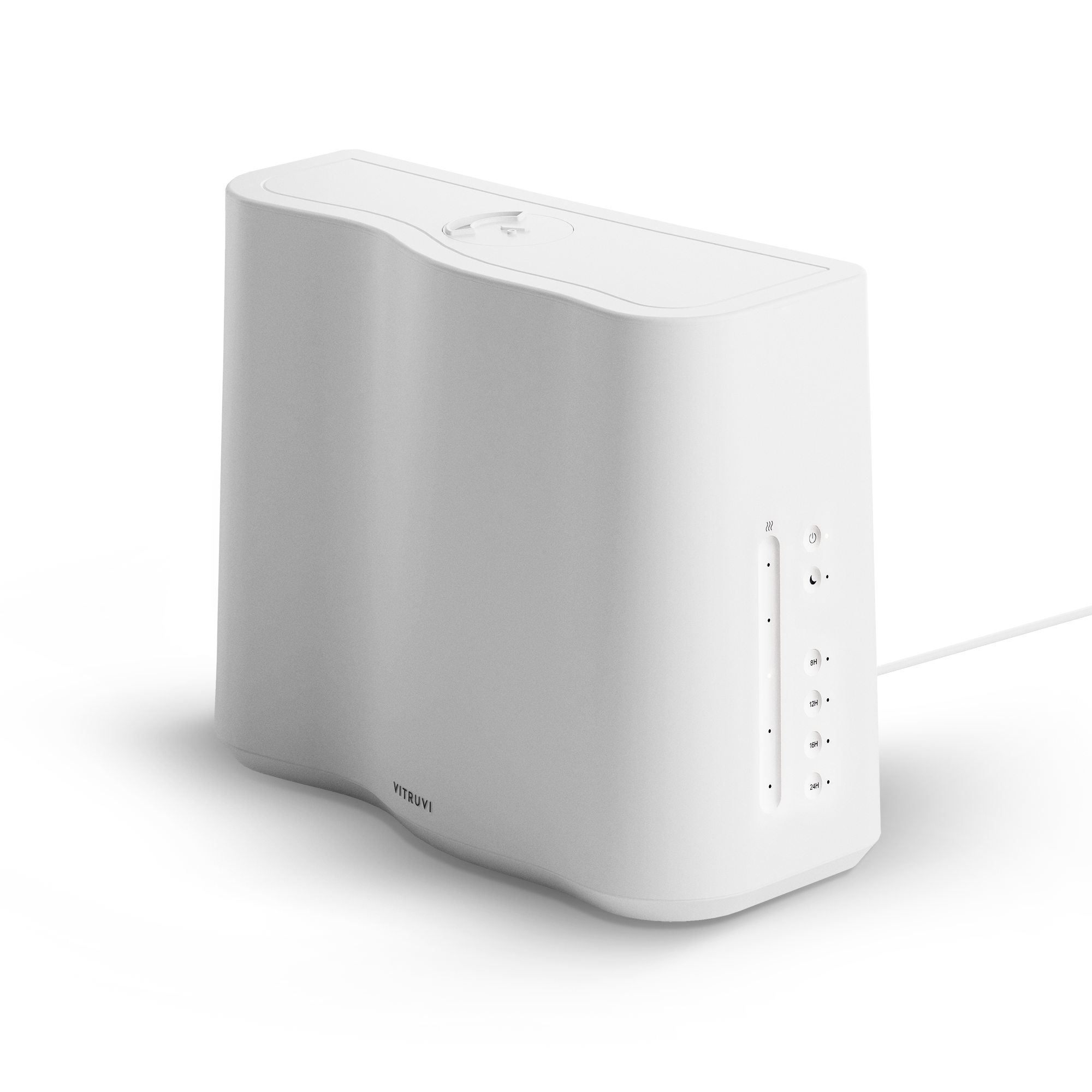Drinking less alcohol—it’s a common new year’s resolution. But switching to soda water isn’t exactly exciting.
What if there was something better, though? Something delicious and complex and elevated, that keeps the joy in drinking but ditches the hangover?
There is, and it’s called Ghia.
Founded by Glossier alum Melanie Masarin, the non-alcoholic spirit brand was inspired by Mediterranean aperitivo culture. Masarin herself doesn’t imbibe, so she set out to see if she could make booze-free drinks more exciting. “We aren’t preaching that we don’t want people to drink,” she explains. “We just wanted to offer another option.” Unlike many sugary mocktails, Ghia has a bright and bitter flavor profile that’s made up of pure botanical extracts, plants, and herbs.

We virtually sat down with the New York-based Masarin to get the full lowdown on Ghia, and what it truly means to be over—instead of under—the influence.
Why do you think so many people are experimenting with a sober-curious lifestyle?
I think more than ever, people are focusing on their overall well being, and I see that factoring into the majority of decisions that people make on a regular basis. Recent studies have shown that 66 per cent of millennials are trying to reduce their alcohol consumption. Over the next few years, I think we’re going to see even more of a shift in alcohol consumption with a focus on zero-proof options that allow people to have the same experience: enjoying a mocktail in the same way they’d enjoy a cocktail.
What tips do you have for someone looking to lessen their alcohol consumption this new year?
The best advice I think I can give is to try to focus on being more mindful. And that goes beyond alcohol—it’s something you can bring to every part of your life. Sobriety doesn’t have to be scary, binary, or forever; it can be switching to Ghia after two glasses of wine, or making the mindful decision to drink alcohol once or twice a week.
What exactly is a non-alcoholic aperitif?
An aperitif is a class of beverages usually enjoyed before a meal to prepare the palate. It’s a very broad category that includes many different styles, but the flavor profile is usually bitter and herbal. We asked ourselves: “How can we make a bitter drink, without alcohol, that tastes like you made it with real plants and herbs picked from your garden?” Thirty-seven iterations later, we did it.
Ghia’s ingredients are sourced mindfully and as close to their elemental form as possible, with lemon balm, elderflower, and rosemary coming from the Mediterranean; gentian root coming from Europe; yuzu from Japan; as well as riesling grapes and figs sourced from the U.S.
What separates Ghia from other non-alcoholic spirit brands?
We wanted to make a real drink with real ingredients that had a bitter taste and the complexity of an alcoholic drink, without the overly sweet and sugary flavor of usual mocktails. I love bitters, and setting out to get the right flavor while also being health-conscious was both fun and challenging.
Unlike many other brands in the category, Ghia wasn’t designed to mimic a specific spirit or to buzz people in some way. We wanted our product to be delicious and adaptable, so that drinkers and non-drinkers alike could enjoy it—to make the occasion of enjoying a drink more about the social connection rather than intoxication. We want to change the way people think about drinking and socializing, and bring intention to every sip. We’re particularly proud to be compared to the flavors of craft alcohols as opposed to other non-alcoholic brands.

How do you personally enjoy your Ghia?
I’m definitely a purist, so one of my favorite recipes is the Ghia Soda with two ounces of Ghia topped with 2 ounces of sparkling water, and garnished with rosemary from my garden and an orange twist. It’s so simple, and I love that the drinker can make this recipe their own by using different herbs or their favorite sparkling drink.
What does being over the influence mean to you?
Over the years, alcohol brands have spent significant marketing dollars to depict a false perception that alcohol is an upper that makes experiences more fun—but in reality, alcohol is a depressant. Ghia doesn’t intend to be an alcohol alternative; we’re focused on being a joyful brand that also makes you feel good. We often describe Ghia as the feeling when you don’t even need a boozy drink. That’s being over the influence.
This interview has been edited and condensed for clarity.











